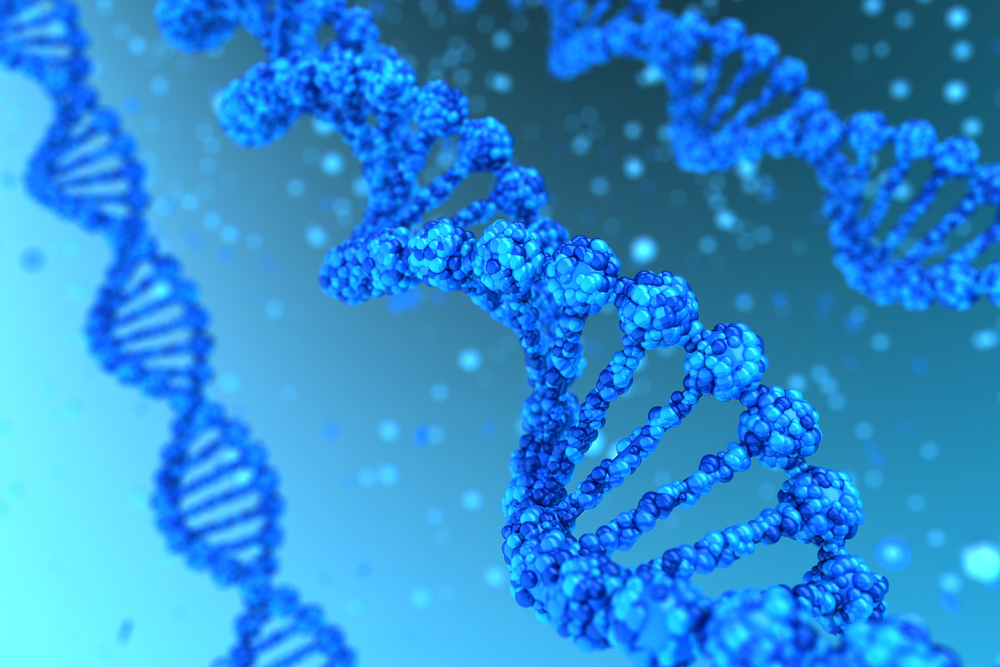UT Southwestern Researcher Awarded $250K to Study Gene Editing as Duchenne MD Treatment

A researcher at the University of Texas Southwestern Medical Center has been awarded a $250,000 grant to study CRISPR/Cas9 technology‘s potential to treat Duchenne muscular dystrophy (DMD).
CRISPR/Cas9 allows researchers to add, remove, or change sections of the DNA sequence.
Parent Project Muscular Dystrophy (PPMD) will give the grant to Eric Olson, PhD, and the Department of Molecular Biology as part of the organization’s Gene Transfer initiative.
“Because CRISPR/Cas9 is new and never been used in humans, the safety of this technology will be thoroughly examined, including looking for any immune response to the AAV9. This in-depth look at safety will help us more comprehensively identify any risks associated with CRISPR/Cas9,” Abby Bronson, PPDM’s senior vice president of research strategy, said in a press release.
Olson and his team will study different types of dystrophin proteins, as well as whether there any unwanted “off-target” effects when using CRISPR/Cas9. (Dystrophin proteins’ defective gene leads to DMD development.) By comparing proteins produced using CRISPR/Cas9 to those produced using other therapeutic approaches, like microdystrophins, the researchers will develop a better understanding of how the technology works.
CRISPR-Cas9 allows researchers to cut and paste bits of DNA in a precise manner, but the method is not foolproof. When it fails, there is no way of knowing why. Researchers working on gene-editing therapies for diseases are often concerned about off-target effects, such as CRISPR-Cas9 unintentionally editing another part of the genome, potentially introducing a disease.
Olson and his team will analyze the effects of those unintentional cuts.
“Thank you to Pat Furlong and the PPMD community for supporting this exciting technological advance in the treatment of Duchenne muscular dystrophy. We are optimistic about the potential of CRISPR/Cas9 to help Duchenne patients. There is still work to do, and this grant will help maintain the momentum of our research activities and for that we are grateful,” Olson said.
Below is a recent recording of a webinar with Olson, discussing the details of the project:






